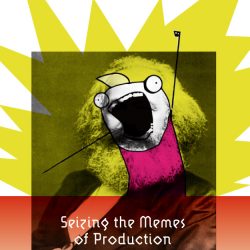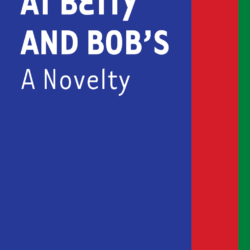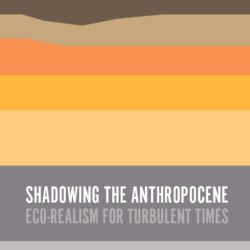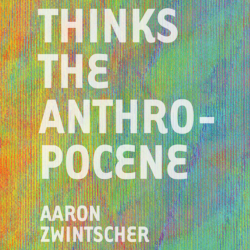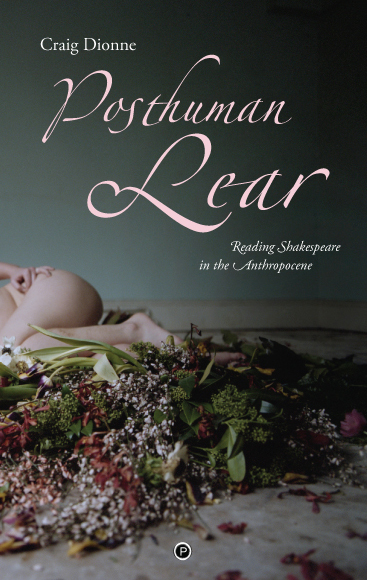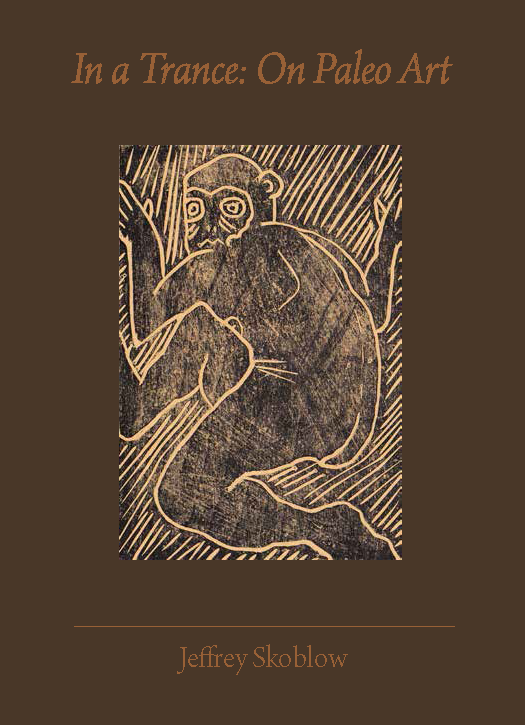Part scholarship, part journalism, part ecological screed, this book may read like a mashup of critical perspectives. Like other current investigations into the ecological significance of early modern literature, the account of King Lear offered here draws on different and sometimes contrasting interpretive methods: cognitive science, evolutionary psychology, literary historicism and what is called the new materialism. Moreover, the book reflects on the broad global setting of eco-materialism’s themes of catastrophe and enmeshed co-existence, using contemporary examples from Japan, New Mexico, Finland, and India, all while jumping back to Shakespeare’s early modern England. … Those interested in ecology might not be interested in the history of Renaissance literacy. And those interested in the scholarship on Shakespeare’s King Lear might not be interested in accounts of tsunami stones or radioactive waste sites. But they should be. … Because the proverbial clock is ticking. What Hamlet said about readiness? Well, it’s happening. The sparrow has already fallen.
~Craig Dionne, Posthuman Lear

